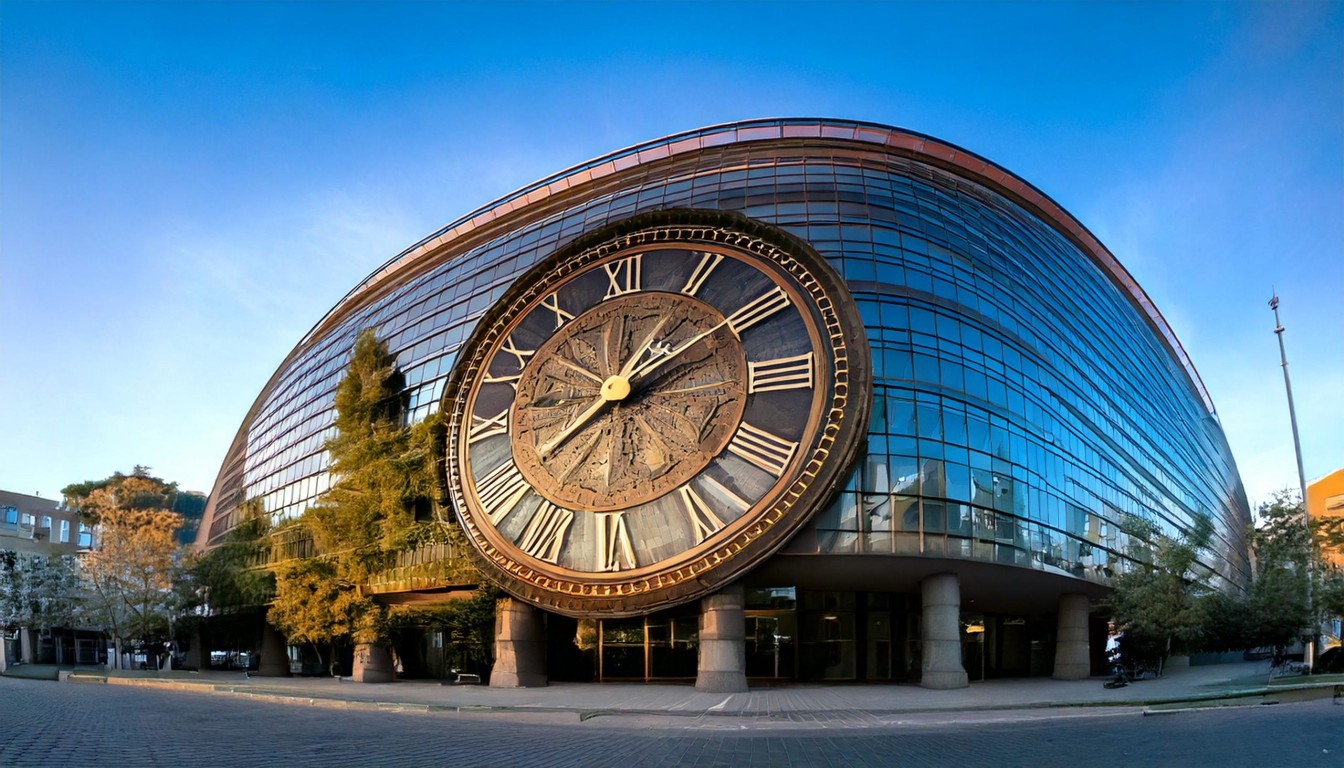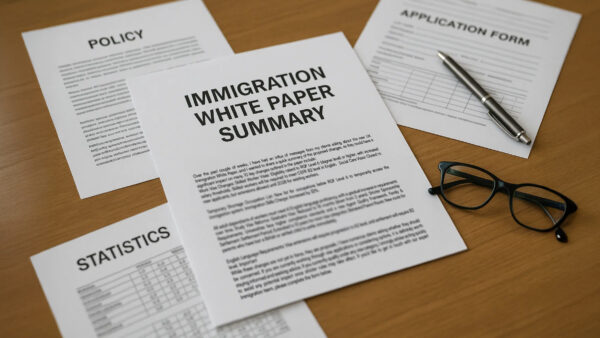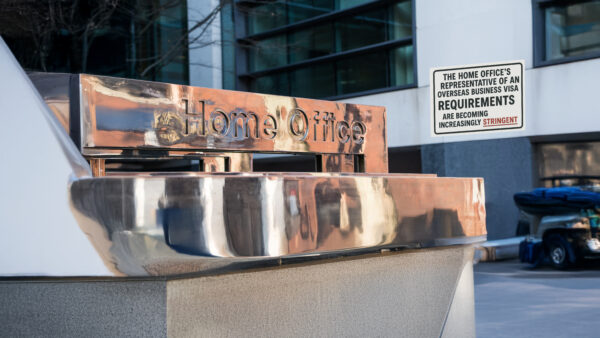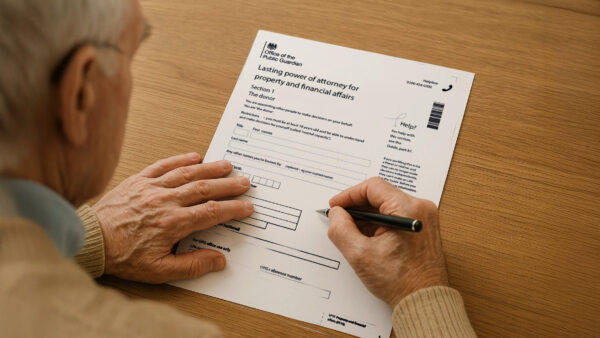All parties want a smooth and quick transaction. The following simple steps can make a significant impact on the speed and efficiency of your commercial property transaction.
Landlord/Seller:
- It is a useful exercise for your solicitors to review the title regularly and remove any entries relating to expired leases or agreements. This prevents last minute applications to the Land Registry having to be made and dealing with requisitions at a time when your solicitor should be exchanging or completing the documents.
- Another helpful practice is for your solicitors to maintain a concise data room with up to date title information including deeds and documents referred to in the title. This enables title information to be issued swiftly and helps facilitate the other side’s due diligence process.
- It is also beneficial for you and your solicitors to procure relevant consents (such as the lender’s or superior landlord’s consent) or third party deeds of covenant which may be required before completion can take place. It is important to deal with these early on especially if they relate to a third party who has little or no interest in the transaction and may not appreciate the urgency of the situation e.g. consent of the owner of a neighbouring property in respect of a restrictive covenant on the title.
- It is handy if the landlord has documents such as Energy Performance Certificates, Fire Risk Assessments, asbestos surveys, insurance schedule, service charge budgets and other management information readily available and even better if these are already in the solicitors’ data room. These can be issued at the outset of the transaction along with replies to CPSEs and will prevent additional enquiries being raised in this regard.
- The lack of a Land Registry compliant lease plan can often lead to delays. This can usually be the case for lease renewals where a previous plan is no longer Land Registry compliant. A landlord and its legal team should always consider whether a new plan is required and commission it at an early stage to prevent delays.
Tenant/Buyer:
- A recurring cause of delays which we come across is that fit-out plans are not ready to be submitted to the landlord for approval at the appropriate time. This can cause delays especially if the fit-out requires an element of structural works such as a lift or a staircase to be installed. This can also be problematic if the tenant needs to carry out certain suitability tests to floor slabs or walls in which case an access licence may be required. Having the fit-out plans ready at an early stage can significantly speed up a transaction, as it allows time to deal with any further requirements the landlord may have in respect of the works.
- Late requests for additional rights can delay the process. If you have any specific requirements regarding signage, access, installing plant such as air conditioning units or using common areas for events etc., it is best to incorporate these into the Heads of Terms.
- Please ensure that you confirm details of the tenant entity at an early stage. If this is a newly incorporated SPV then the landlord may well require additional security such as a rent deposit or a guarantor and therefore this can lead to further negotiations at a late stage.
Common:
- Execution of documents- if either party is signing by power of attorney or trustees are involved, please make sure you provide your lawyers with the original instrument at an early stage as the other side will most likely request a certified copy.
- If either the landlord or the tenant is an overseas entity, please ensure that you make arrangements to obtain a legal opinion by overseas lawyers at an early stage as this will likely be a requirement of either side.
If you require assistance with a commercial property transaction, contact Aisha Anjum.









